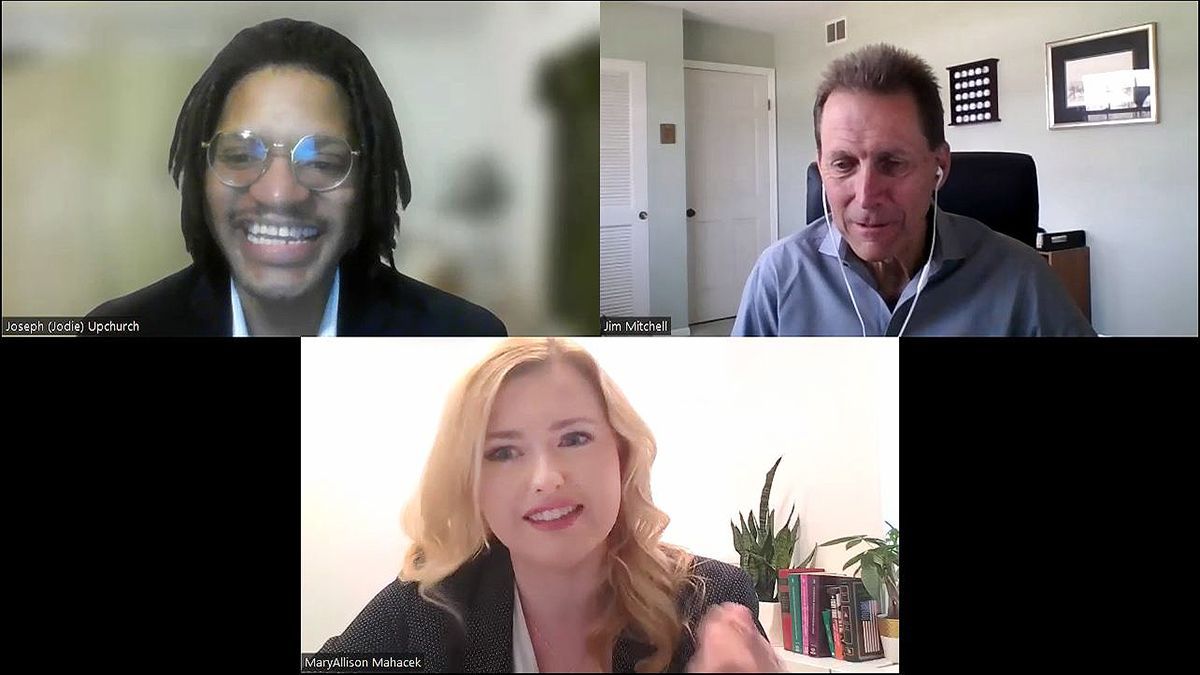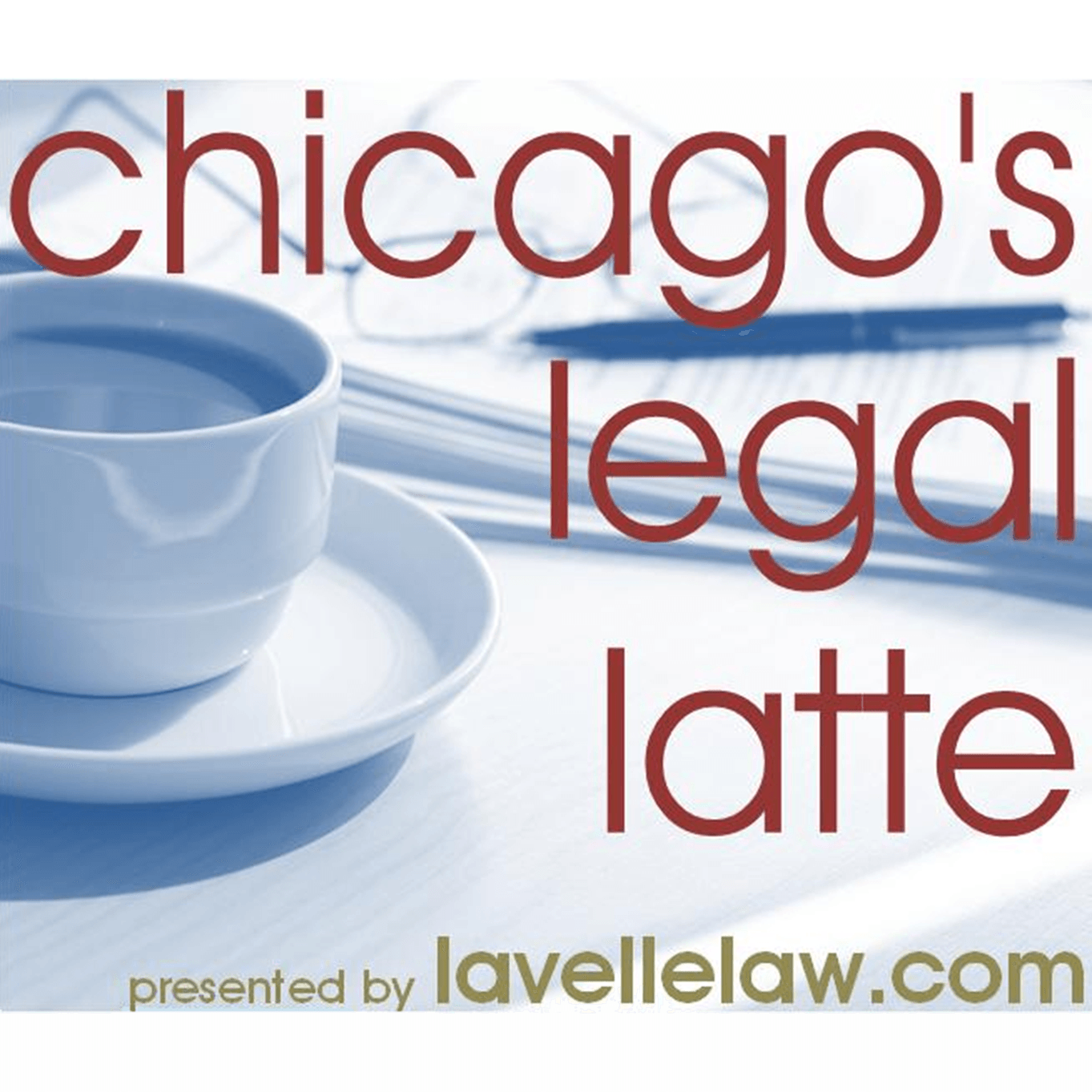Banking and Business Monthly – May 2024
Understanding the FTC’s Nationwide Ban on Noncompete Agreements

On April 23, 2024, the Federal Trade Commission (“FTC”), in a 3-2 vote, issued its final Non-Compete Clause Rule (“Rule”) which prohibits noncompete clauses in agreements between employers and their workers. This highly anticipated Rule follows a substantially similar proposed rule from the FTC released on January 19, 2023. The Rule will not become effective until 120 days after publication in the Federal Register, and covered employers will be required to comply with the Rule by that effective date, which could come as early as August of this year. By the FTC’s estimate, this ban could affect up to one in five American workers.
The Rule broadly defines “noncompete clause” to include any term or condition of employment that “prohibits,” “penalizes” or “functions to prevent” a worker from seeking or accepting work in the U.S. from a different person where such work would begin after the conclusion of employment that includes the term or condition, or operating a business in the U.S. after the conclusion of employment that included the term or condition. Under the Rule, “worker” is defined broadly to include any employee regardless of whether they are paid or unpaid, irrespective of title or status, including “independent contractor, extern, intern, volunteer, apprentice, or sole proprietor who provides a service to a person.” Some key features of the Rule include:
- Prohibition of new noncompete clauses between employers and workers on a go-forward basis.
- Rendering unenforceable existing noncompete clauses with workers other than pre-existing noncompetes for workers qualifying as “senior executives.” - The Rule defines “senior executive” as workers earning total annual compensation of at least $151,164 in the preceding year who are in a “policy-making position.” Employees in policy-making positions are defined as an entity’s president, CEO, or equivalent, and any other officer of a business who has the authority to make policy decisions that control significant aspects of the business.
- Requiring employers to provide notice to employees subject to prohibited noncompetes that the clauses will not be enforced. Notices should be delivered prior to the effective date and should signal to workers that the employer no longer plans to enforce their noncompete against the worker in the future. The FTC provides model language within the Rule for employers to use as notice to workers that fulfills the notice requirement.
- Establishing narrow exceptions for worker noncompete clauses entered into as part of a bona fide sale of a business entity’s equity or substantially all of its assets, as well as for existing causes of action under worker noncompetes that accrued before the issuance of the Rule.
Effect of the Ban on Trade Secret Protections
In areas where noncompete agreements have been enforceable, they have provided some level of deterrent to trade secret misappropriation, and without them, employers may be faced with an increased risk that trade secrets could find their way into the hands of competitors. Companies should begin taking steps to mitigate the heightened risks that will result from a ban on such agreements. For example, companies should consider whether agreements can be drafted to provide some protection against flagrant theft and disclosure of trade secrets.
In addition, companies should begin auditing and diligently practicing good hygiene around trade secret protection through employment policies and written agreements and acknowledgments regarding the confidentiality of company information and procedures governing access to trade secrets, among other best practices. Companies should also routinely confirm their employees’ understanding of these policies and, where possible, obtain contractual agreements from departing employees that they will return all confidential and trade secret information to the company upon their exit.
Enforcement
To enforce violations of the Rule, the FTC could potentially commence a proceeding to seek an injunction under Section 13(b) of the Federal Trade Commission Act (“FTC Act”). Accordingly, the FTC could seek to enjoin a defendant in federal court when the defendant, “is violating, or is about to violate” Section 5 and when the injunction is in the public’s interest. In this case, the FTC could seek an injunction forcing companies to follow the Rule, including rescinding existing noncompete agreements and informing current and former workers that they have been canceled.
By contrast, the FTC may be unable to seek monetary relief for violations of this Rule. Section 19 of the FTC Act enables the FTC to seek monetary relief for violations of consumer protection rules on unfair or deceptive practices, but it is silent regarding remedies for unfair methods of competition.
Future Outlook
While employers should prepare to comply with the Rule within a few months, the Rule faces legal challenges that could delay or impact its implementation or result in its invalidation. On April 24, 2024, for example, in Texas federal court, business groups led by the U.S. Chamber of Commerce sued the FTC to block its non-compete ban, arguing that the agency lacks the authority to issue rules that regulate unfair methods of competition. Chamber of Commerce for United States v. FTC, et al., No. 6:24-cv-00148, 2024 U.S. Dist. (E.D. Tex. Apr. 24, 2024). The complaint alleges that while the FTC Act grants the FTC the ability to challenge particular practices, it does not allow the agency to promulgate unfair methods of competition in rulemaking. The suit requests that the court vacate and permanently enjoin the non-compete ban, among other forms of relief. Such challenges could further delay—or bar altogether—enforcement of the Rule.
For further inquiries or questions, please contact me at smigala@lavellelaw.com or (847) 705-7555. Thanks go to Nathan Toy for assistance with this month’s article.
More News & Resources
Lavelle Law News and Events








STAY UP TO DATE
Subscribe to our newsletter
Lavelle Law, Ltd. | All Rights Reserved |
Created by Olive + Ash.
Managed by Olive Street Design.



